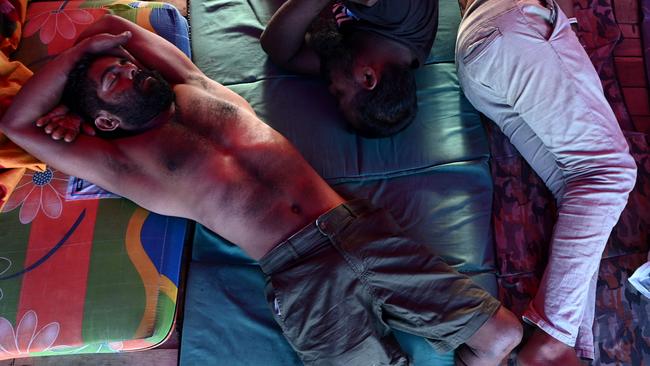
How, for example, can new 7.30 host Sarah Ferguson, in only her second week in the job, have done a report on the fall of the Sri Lankan government of Gotabaya Rajapaksa without even a mention of his disastrous decision last year to ban chemical fertilisers and the subsequent devastation of food production in a nation of small farmers? Even The New York Times, the US media’s most activist climate change news outlet, has extensively covered the disastrous fertilizer decision, as have all the major UK papers.
As if to sharpen the point, only a minute after Ferguson’s Tuesday night interview with Sri Lankan opposition MP Harsha De Silva, Andrew Bolt on Sky News began a 5 minute 39 second segment discussing the profound consequences of a supposedly pro-environmental decision by Rajapaksa, announced to much fanfare last year at the Cop 26 climate summit in Glasgow.
No surprise that Bolt, a critic of environmental solutions backed by politicians with no clue about the complex problems their preferred solutions can involve, interviewed Queensland National Party senator Matt Canavan, a strong supporter of fossil fuels, about the dangers of environmental policies with unintended consequences.
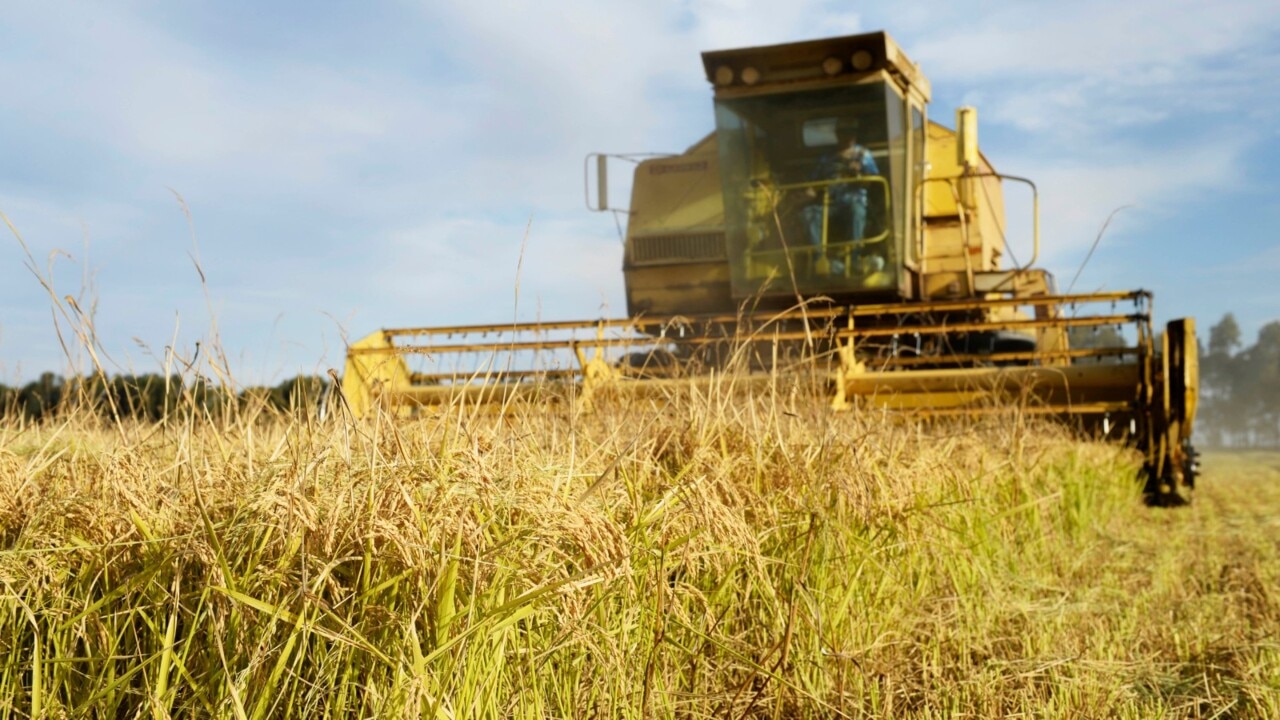
Regular viewers of Sky News and of the ABC will be unsurprised that Sky News focused almost exclusively on the environmental causes of Sri Lanka’s problems or that 7.30 completely ignored them. Yet several ABC reports online and in news programs since May have discussed the role of the country’s move to organics in its food crisis.
ABC showpiece current affairs programs often ignore problems with green solutions. They hardly ever mention reliability issues with wind and solar power here and barely discuss the need for firming renewables with pumped hydro and battery storage. Nor does the ABC, when reporting on batteries, mention they can only distribute power for a couple of hours. At the start of the year the ABC barely covered Europe’s energy crisis during a long midwinter wind drought that preceded Russia’s invasion of Ukraine.
So what is the non-culture war truth of the Sri Lankan tragedy?
The Rajapaksa government had been mishandling the economy long before the fertilizer decision. Covid-19 and the collapse in tourism to Sri Lanka that followed hit the island nation hard. Its main sources of foreign exchange revenue were tourism and agricultural exports.
Both have come to a screeching halt and the country’s poorest farmers are feeling the pain most. Soaring global prices for the foodstuffs they can now not grow in sufficient quantity and the petrol and gas they must import last month forced Sri Lanka into talks – so far unsuccessful – for an International Monetary Fund bailout. That must now wait for a new constitutionally elected government in Colombo.
Many economists were sceptical at the time of Rajapaksa’s Cop 26 commitment, arguing the government was betting on organic farming because it could not afford to import fertilisers. The Wall Street Journal last week pointed out that even before the pandemic, Sri Lanka had been hit by “an accumulation of debt on infrastructure spending and sweeping tax cuts that drained government revenue”.
Rajapaksa – part of a family dynasty that has dominated the country for 20 years – refused advice he should default on the nation’s debt. Sri Lanka “increasingly took to international sovereign bonds to roll over existing debt at effectively commercial interest rates’’. As its position deteriorated credit ratings agencies “marked down the country’s sovereign-credit rating, cutting off its access to on-market borrowing”.
So the nation’s problems are not just about a poor environmental decision. Yet that decision has crippled food production and viewers should have expected Ferguson to ask her 7.30 guest about the issue. Keen readers can trace the deliberate origins of Rajapaksa’s “green agricultural revolution” to an election promise in 2019.
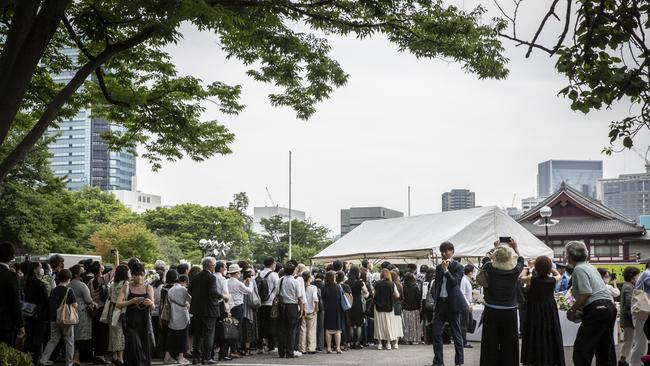
A piece in Nature magazine last October urged Sri Lanka to pursue food security and food sovereignty “by applying agro-ecological practices in agriculture” to combat “ongoing massive-scale agro-industrial approaches”. The ABC should investigate how that science went. Protests like those in Sri Lanka against green elites’ policies are becoming more common, even in Europe.
Ferguson’s appointment to replace Leigh Sales as host 7.30 was not universally welcomed. After Ferguson’s three-part June 2018 Four Corners “story of the century” about Russian collusion allegations against former US president Donald Trump, sceptical viewers would have marked her highly had she examined the environmental roots of Sri Lanka’s problems.
The ABC has never corrected the record on that Four Corners blooper, which relied heavily on Barack Obama’s former national security chief James Clapper. Viewers did not know Clapper – a year before speaking with Ferguson – had told a secret hearing of Congress that he had seen no evidence of Trump collusion.
Like other ABC failures this was a case of unconscious bias. Four Corners assumed the US media pack was right about Trump, just as 7.30 never thought to ask about the role of environmentalism in Rajapaksa’s fall. ABC journalists don’t bump in to people who might support Republicans or talk about problems with green pieties. Their biases reflect a lack of political diversity.
Radio National provided two examples of the phenomenon on July 9 and July 10. In 10 segments of Julian Morrow’s Sunday Extra and five of Geraldine Doogue’s Saturday Extra there was no item on the assassination that Friday of former Japanese PM Shinzo Abe. Doogue was on holiday.
ABC insiders blame staff shortages for the oversights. Not good enough. Abe was a close friend of this country and of several of its former prime ministers. His grandfather, Nobusuke Kishe, was the Japanese PM who in 1957 signed a trade pact that has proved the defining trade relationship of post-war Australia. The story made the front of all the main newspapers last Saturday and led websites and TV news bulletins the night before.
One internal ABC critic said this was more than just poor journalism. This critic said the ABC had virtually ignored the death in late 2006 of free market economist Milton Friedman despite running many tributes from left wing economists only six months earlier when John Kenneth Galbraith died. The critic said the ABC virtually ignored the death of Singapore’s founding father Lee Kwan Yew in 2015 but eulogised Cuban dictator Fidel Castro when he died in 2016. The critic asked what this column imagined RN would do if something happened to Jacinda Ardern and to reflect on the importance of Abe versus Ardern.
Another ABC staffer defended the RN programs, suggesting the oversight reflected reticence of younger journalists to pivot quickly from stories that had been planned. Of course that pivot is exactly what all the newspapers and TV channels did a day earlier.
Both RN programs opted for a foreign story they just could not resist: the fall of Boris Johnson. For the ABC, Johnson is a figure almost as sinister as Trump or Scott Morrison.
Yet both RN programs regularly carry live interviews and could have accommodated Abe coverage if anyone had thought the assassination of the former PM of a major ally in a country with no history of gun crime was a good story. Apparently it occurred to no one.



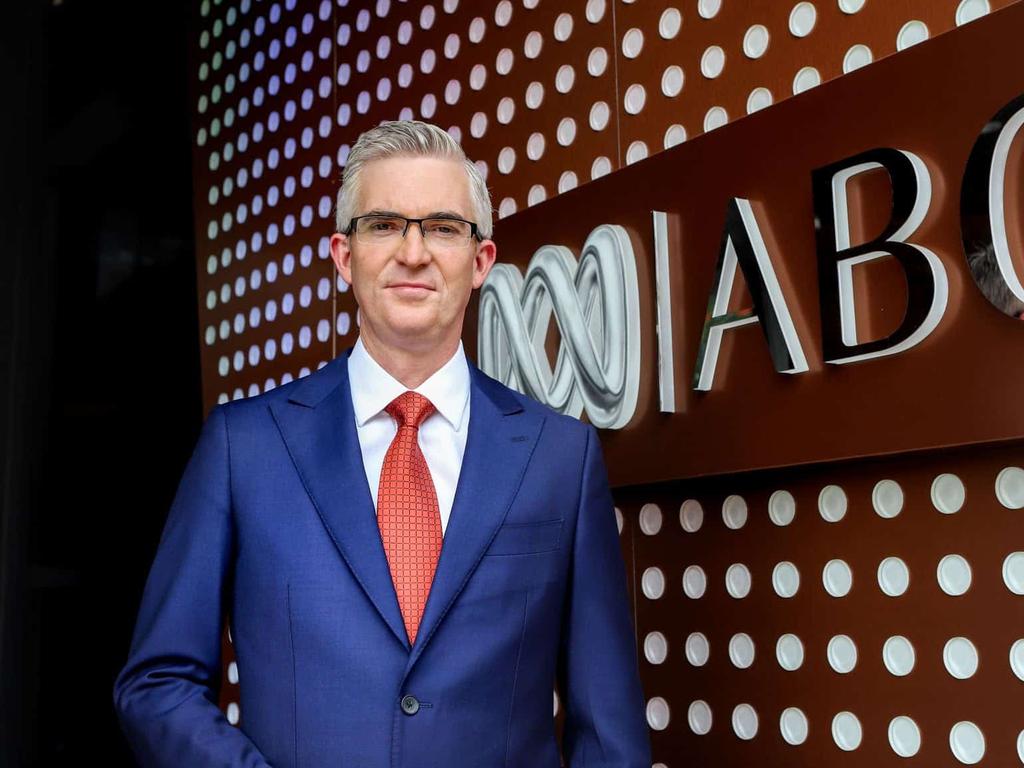
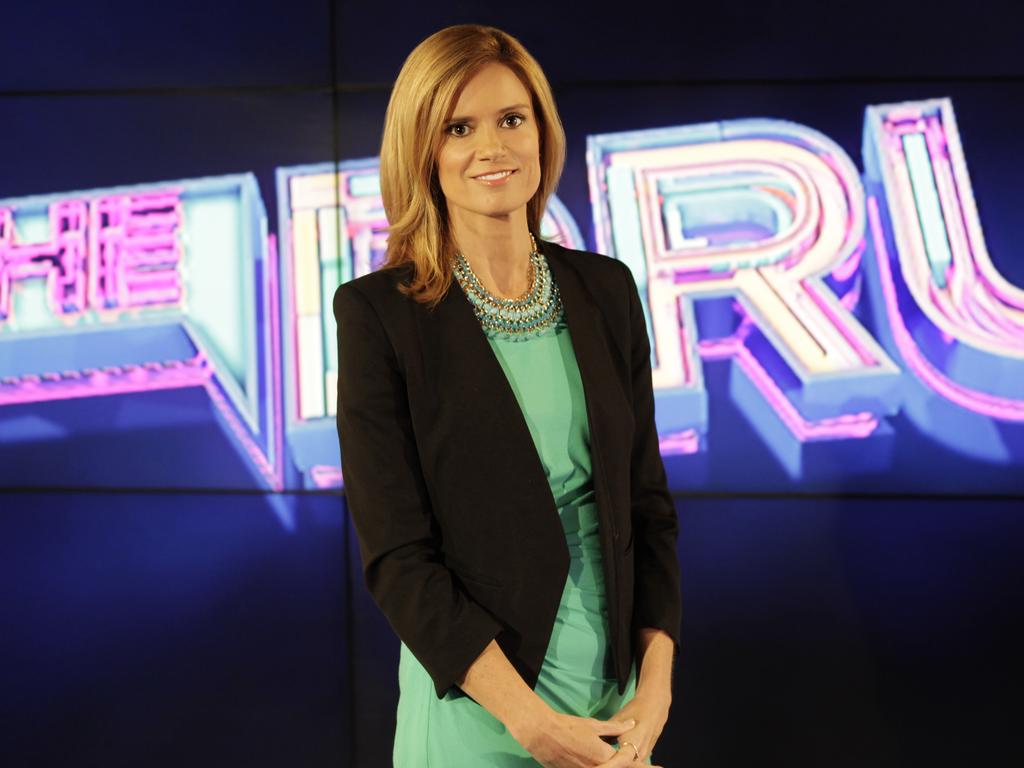


What sometimes looks like deliberate ABC bias can often be a mixture of lazy unprofessionalism – and even lazier group think.